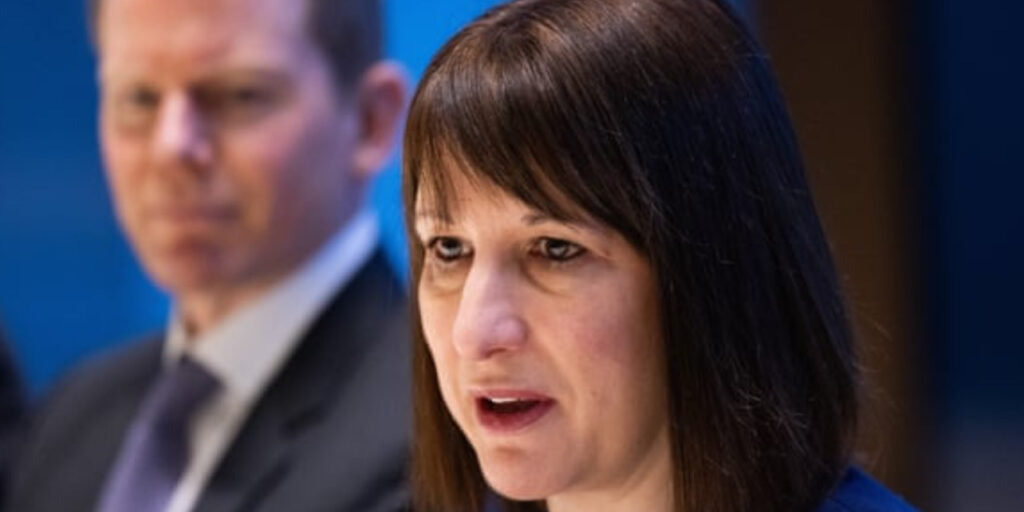Business confidence across the UK has slumped to its lowest point since late 2022, according to a new report by the Institute of Chartered Accountants in England and Wales (ICAEW), as firms grapple with mounting tax burdens and escalating trade tensions driven by former US President Donald Trump.
The latest quarterly survey from the ICAEW paints a bleak picture for the first three months of 2025, describing the period as “harrowing” for British companies.
The business confidence index has tumbled to -3, a sharp decline from 0.2 in the final quarter of 2024 and the lowest level recorded since Q4 2022.
The report, based on feedback from 1,000 chartered accountants, attributes the drop in sentiment to intensifying concerns over tax rises, rising operational costs, and sluggish sales forecasts.
Worries over Chancellor Rachel Reeves’s hike in employer national insurance contributions—introduced on 6 April as part of a £40bn tax-raising autumn statement—have added to the strain.
Suren Thiru, ICAEW’s economics director, warned that: “This year has so far proven deeply challenging for UK businesses. Worries over faltering sales, surging tax bills, and disruptive US tariffs are pushing sentiment into troubling territory.”
While official data showed UK GDP unexpectedly grew by 0.5% in February, suggesting some resilience among consumers and firms, other indicators signal underlying weaknesses.
Surveys suggest job shedding is approaching levels not seen since the 2008 financial crisis, although official employment figures have yet to reflect this trend. Key labour market and inflation data are due this week, with analysts watching closely.
The National Institute of Economic and Social Research has also raised alarm bells, forecasting that heightened US import tariffs could all but stall UK economic growth in 2026, dragging GDP dangerously close to zero.
According to the ICAEW, 56% of businesses now cite tax rises as a major concern—the highest level recorded since the survey began in 2004. Expectations for domestic sales growth are also at their weakest since Q3 2022, reflecting a souring mood among firms.
Markets are increasingly betting that the Bank of England will respond to this gloomy economic outlook with a rate cut at its 8 May policy meeting, even as inflation remains above the 2% target.
Thiru concluded: “The tone surrounding the UK economy is becoming increasingly pessimistic, and with forward-looking indicators pointing to further declines in sales and job creation, conditions could deteriorate before any recovery takes hold.”


